
- 2 May
- 2025
Build Your Future: Engineering Diploma Programs at Global Institute of Science and Technology
Are you looking for a direct path to a rewarding career in engineering? Do you want practical, hands-on training that equips you with the skills employers are looking for, without committing to a four-year degree right away? A diploma in engineering could be the perfect stepping stone for you. Among the institutions dedicated to providing quality technical education, the Global Institute of Science and Technology (GIST) stands out as a promising choice for aspiring engineers.
In today's rapidly evolving industrial landscape, the demand for skilled technicians and supervisors with practical knowledge is consistently high. Diploma programs in engineering are specifically designed to bridge the gap between theoretical knowledge and practical application, making graduates highly sought after in various sectors. GIST understands this need and offers comprehensive diploma programs aimed at creating industry-ready professionals.
Global Institute of Science and Technology: An Introduction
The Global Institute of Science and Technology (GIST) is committed to fostering technical excellence and innovation. With a focus on practical learning, state-of-the-art facilities, and experienced faculty, GIST aims to be a nurturing ground for the next generation of engineers and technologists. The institute provides a vibrant learning environment that encourages students to explore, experiment, and excel in their chosen fields.
GIST offers diploma programs across key engineering disciplines, designed to provide students with a strong foundation in fundamental engineering principles combined with extensive practical exposure. The curriculum is regularly updated to align with industry standards and technological advancements, ensuring that graduates are equipped with relevant and current skills. If you are searching for the best colleges for diploma in engineering, GIST's approach to technical education makes it a worthy consideration.
Let's delve into the specific engineering diploma programs offered at GIST: Electrical Engineering, Civil Engineering, and Mechanical Engineering, and explore the exciting possibilities that await graduates.
Diploma in Electrical Engineering
Electrical engineering is a dynamic field that deals with the study and application of electricity, electronics, and electromagnetism. From the power grids that light up our cities to the sophisticated electronic devices we use every day, electrical engineers play a crucial role in designing, developing, and maintaining the systems that power the modern world.
The Diploma in Electrical Engineering program at GIST provides students with a comprehensive understanding of electrical circuits, power systems, electrical machines, control systems, and basic electronics. The curriculum covers theoretical concepts alongside extensive practical sessions in well-equipped laboratories. Students learn to analyze electrical systems, troubleshoot problems, and work with various electrical components and equipment.
Key areas covered typically include:
Basic Electrical Engineering
Electrical Machines (Transformers, Motors, Generators)
Power Generation, Transmission, and Distribution
Control Systems
Basic Electronics and Digital Electronics
Instrumentation and Measurement
Electrical Wiring and Estimation
What can a student do after a Diploma in Electrical Engineering?
A Diploma in Electrical Engineering opens up a wide array of career opportunities in both the public and private sectors. Graduates are well-prepared for roles that require practical skills in installation, maintenance, testing, and supervision.
Potential career paths include:
Junior Engineer/Technician: Working in power plants, substations, manufacturing units, electrical contracting companies, or maintenance departments. Responsibilities may include supervising electrical installations, performing routine maintenance, and troubleshooting faults.
Maintenance Supervisor: Overseeing the maintenance of electrical equipment and systems in industries like manufacturing, utilities, or building management.
Electrical Foreman: Supervising electrical work at construction sites or in industrial settings, ensuring adherence to safety standards and project specifications.
Testing and Quality Control Technician: Working in manufacturing units to test electrical components and products to ensure they meet quality standards.
Sales and Service Engineer: Providing technical support and service for electrical equipment manufacturers or distributors.
Entrepreneurship: Starting their own electrical contracting business or providing electrical repair and maintenance services.
Further Education: Graduates can opt for lateral entry into the second year of a B.Tech/B.E. degree program in Electrical Engineering to enhance their qualifications and career prospects. This allows them to earn a full engineering degree in a shorter duration.
Diploma in Civil Engineering
Civil engineering is one of the oldest and most fundamental engineering disciplines, concerned with the design, construction, and maintenance of the physical and naturally built environment. This includes infrastructure projects like roads, bridges, buildings, airports, tunnels, dams, and water supply systems. Civil engineers literally shape the world around us.
The Diploma in Civil Engineering program at GIST provides students with the foundational knowledge and practical skills required for the construction industry. The curriculum covers essential topics like structural mechanics, surveying, construction materials, fluid mechanics, transportation engineering, and construction management. Students gain hands-on experience through laboratory work, field visits, and potentially project work.
Key areas covered typically include:
Engineering Mechanics and Strength of Materials
Surveying
Construction Materials and Technology
Structural Analysis and Design Basics
Fluid Mechanics and Hydraulics
Soil Mechanics and Foundation Engineering
Transportation Engineering (Roads, Railways)
Environmental Engineering Basics
Estimating, Costing, and Construction Management
What can a student do after a Diploma in Civil Engineering?
Graduates of the Civil Engineering diploma program are in high demand in the construction sector, government public works departments, real estate development, and infrastructure companies. Their practical skills make them valuable assets on project sites and in technical offices.
Potential career paths include:
Site Supervisor/Junior Engineer: Working on construction sites, supervising labor, managing materials, ensuring work is done according to plans and specifications, and maintaining quality standards.
Surveyor: Conducting land surveys for construction projects, property boundaries, or mapping purposes.
Construction Material Tester: Working in laboratories to test the quality and properties of construction materials like concrete, steel, and soil.
Draftsman/CAD Technician: Using software like AutoCAD to create technical drawings and blueprints for construction projects.
Estimator: Assisting in calculating the cost of construction projects based on materials, labor, and other expenses.
Quality Control Inspector: Ensuring that construction activities and materials meet required quality and safety standards.
Government Jobs: Opportunities in Public Works Departments (PWD), municipal corporations, and other government agencies involved in infrastructure development and maintenance.
Further Education: Graduates can pursue lateral entry into a B.Tech/B.E. degree program in Civil Engineering to deepen their knowledge and open up opportunities for design and management roles.
Diploma in Mechanical Engineering
Mechanical engineering is a broad field that involves the design, analysis, manufacturing, and maintenance of mechanical systems. From the engines that power vehicles to the machinery used in factories, mechanical engineers are involved in creating and improving devices and systems that involve motion, energy, and force.
The Diploma in Mechanical Engineering program at GIST provides students with a strong foundation in mechanical principles, thermal sciences, manufacturing processes, and machine design. The curriculum combines theoretical learning with extensive practical training in workshops and laboratories, allowing students to work with various tools, machines, and equipment.
Key areas covered typically include:
Engineering Mechanics
Thermodynamics and Heat Transfer
Fluid Mechanics
Theory of Machines
Machine Design Basics
Manufacturing Processes (Machining, Welding, Casting, etc.)
Metrology and Quality Control
CAD/CAM Basics
Industrial Engineering and Management Basics
What can a student do after a Diploma in Mechanical Engineering?
A Diploma in Mechanical Engineering equips graduates with versatile skills applicable across a wide range of industries, including manufacturing, automotive, aerospace, power generation, and many others.
Potential career paths include:
Production Supervisor/Technician: Overseeing manufacturing processes, operating and maintaining machinery, and ensuring quality control in factories.
Maintenance Technician: Performing routine maintenance, troubleshooting faults, and repairing mechanical equipment in industrial settings.
Quality Control Inspector: Inspecting manufactured parts and products to ensure they meet specifications and quality standards.
Machine Operator: Operating sophisticated machinery like CNC (Computer Numerical Control) machines.
Fabrication Technician: Working in workshops involved in welding, sheet metal work, and assembling mechanical structures.
Technical Sales Executive: Providing technical expertise for the sale of mechanical equipment or machinery.
Automotive Technician: Working in garages or service centers for vehicle repair and maintenance.
Further Education: Graduates can opt for lateral entry into the second year of a B.Tech/B.E. degree program in Mechanical Engineering, allowing them to gain advanced knowledge and pursue roles in design, research, and development.
Why Choose Global Institute of Science and Technology for Your Diploma?
Choosing the right institution for your diploma is a crucial decision that can significantly impact your future career. GIST focuses on providing a learning environment that goes beyond textbooks. With an emphasis on practical application, industry interaction, and holistic development, GIST aims to prepare students not just for their first job, but for a successful and progressive career in engineering.
Key aspects that make GIST a strong choice among colleges offering diplomas in engineering include:
Experienced Faculty: Learn from experienced professors and industry professionals who bring real-world insights into the classroom.
Practical Learning Focus: Extensive lab work, workshop sessions, and potential industrial visits are integrated into the curriculum.
Well-Equipped Infrastructure: Access to modern laboratories, workshops, and learning resources.
Industry Relevant Curriculum: Programs designed to meet the current needs of the engineering industry.
Career Guidance and Support: Assistance with placements and advice on further educational opportunities.
A diploma in engineering from an institution like the Global Institute of Science and Technology provides a solid foundation for a technical career. Whether you aim to join the workforce immediately or pursue higher education, the practical skills and knowledge gained during your diploma will be invaluable.
If you are exploring your options and looking for the best colleges for diploma in engineering, consider the comprehensive programs and practical approach offered by the Global Institute of Science and Technology. It could be the place where your engineering journey begins, paving the way for a successful and fulfilling career. Invest in your future with a diploma that builds not just theoretical knowledge, but also the hands-on expertise that drives the world forward. Contact us for more details.





.webp)
.webp)

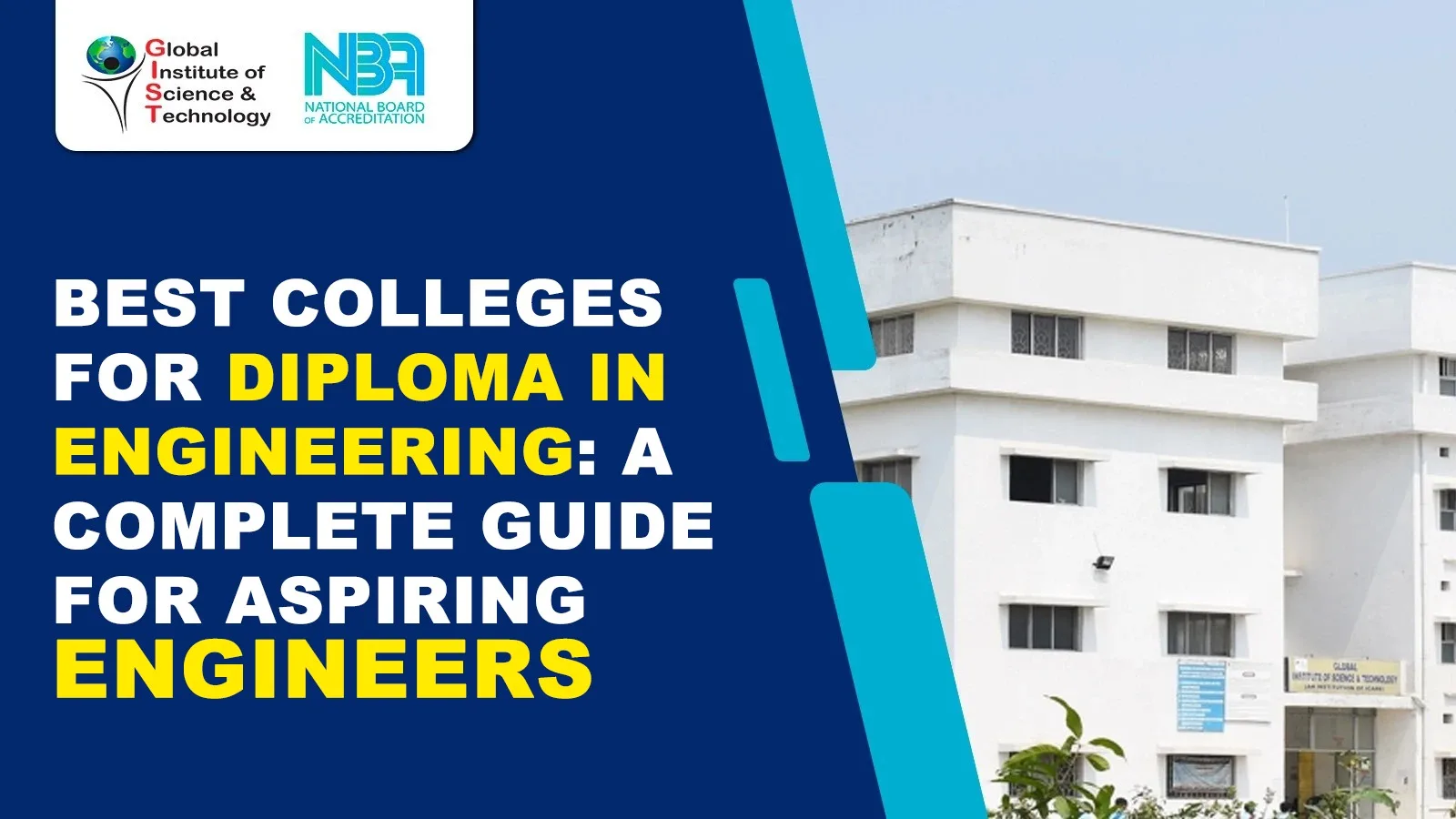


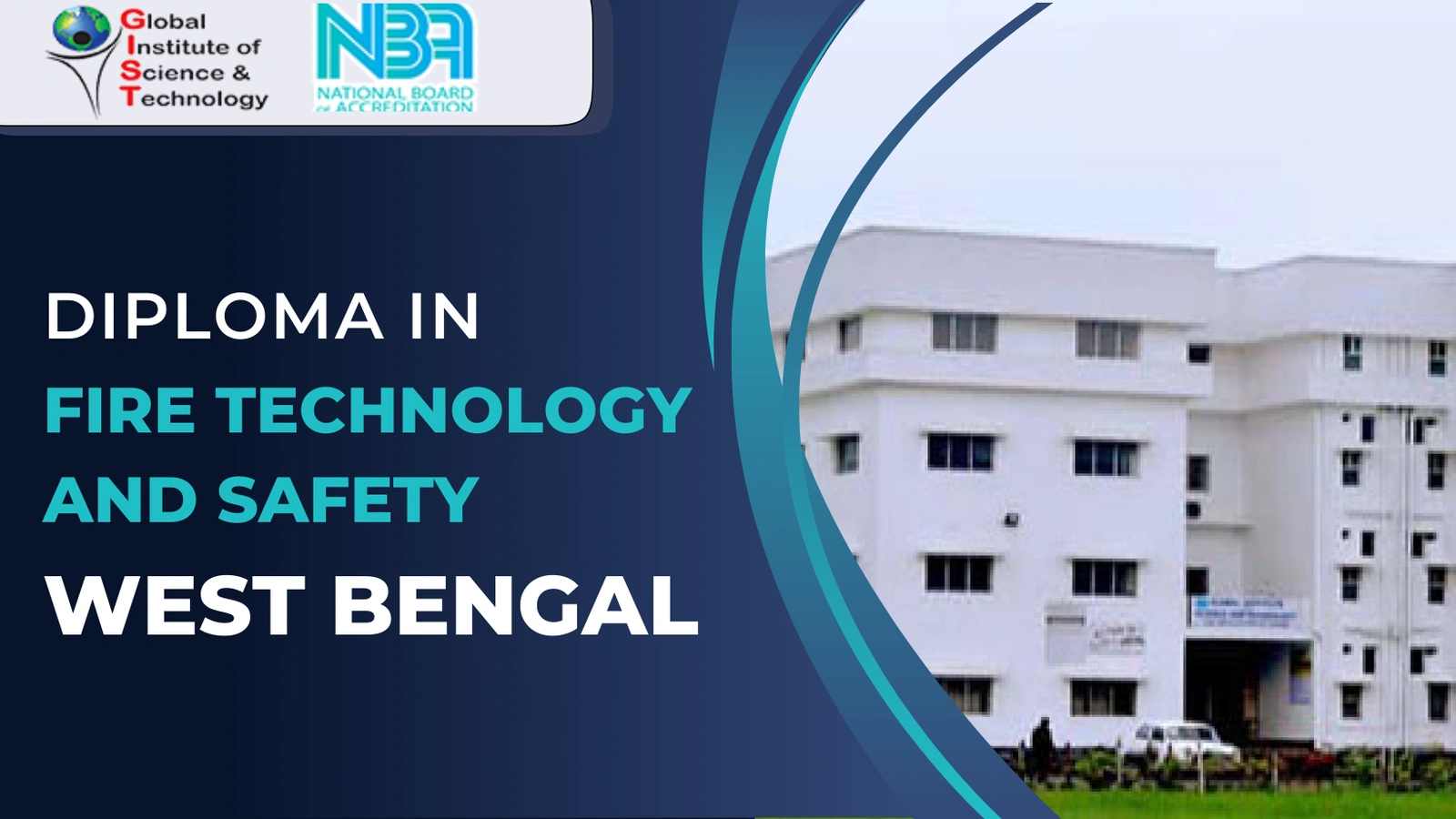
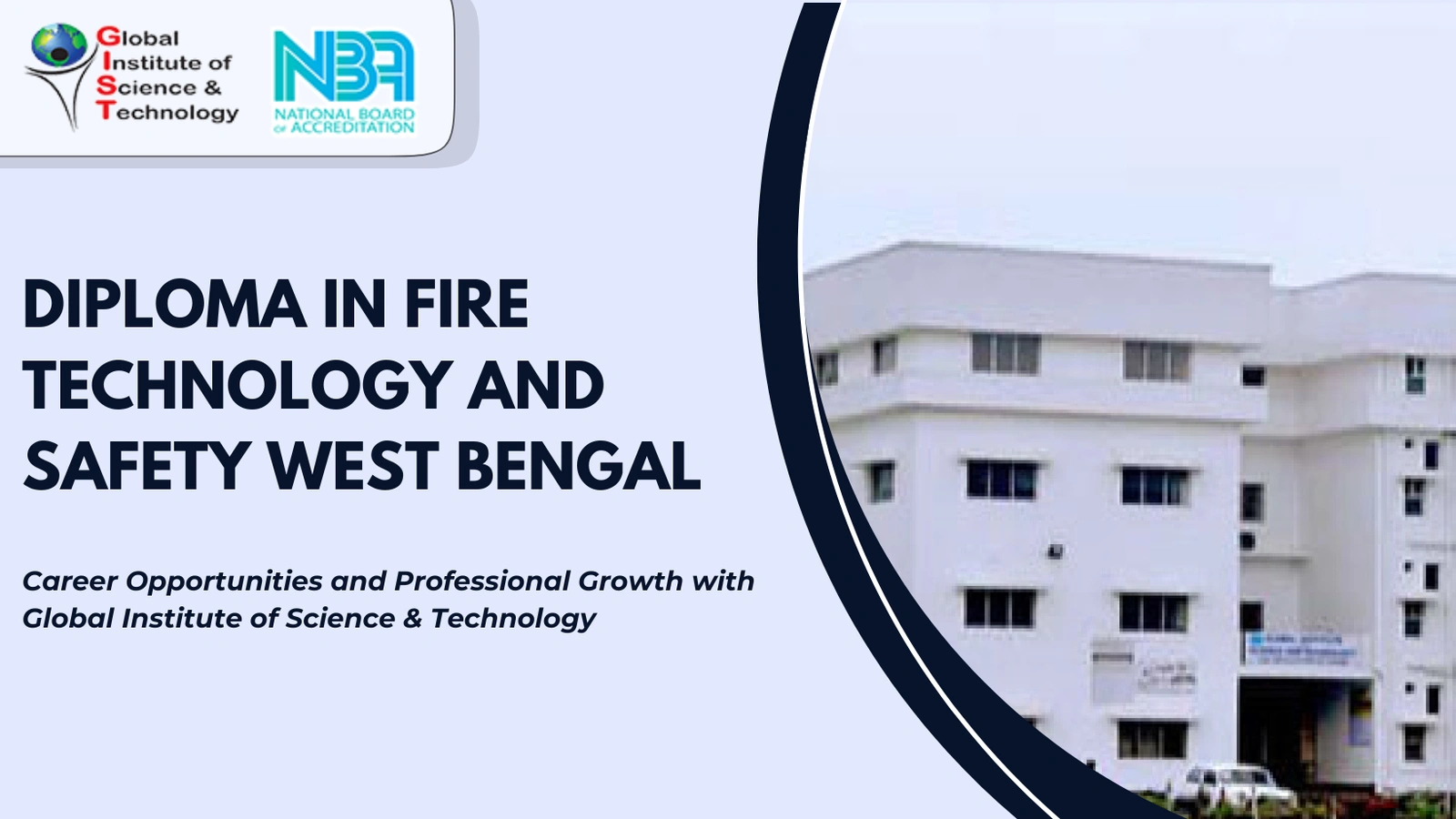

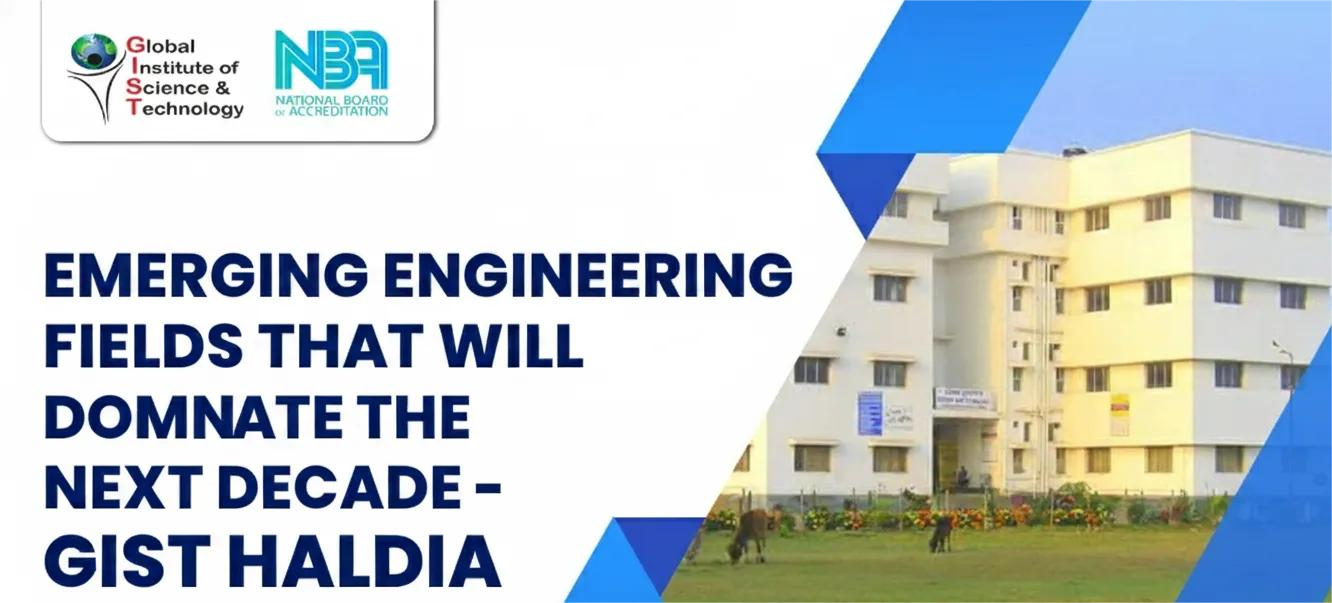
.webp)

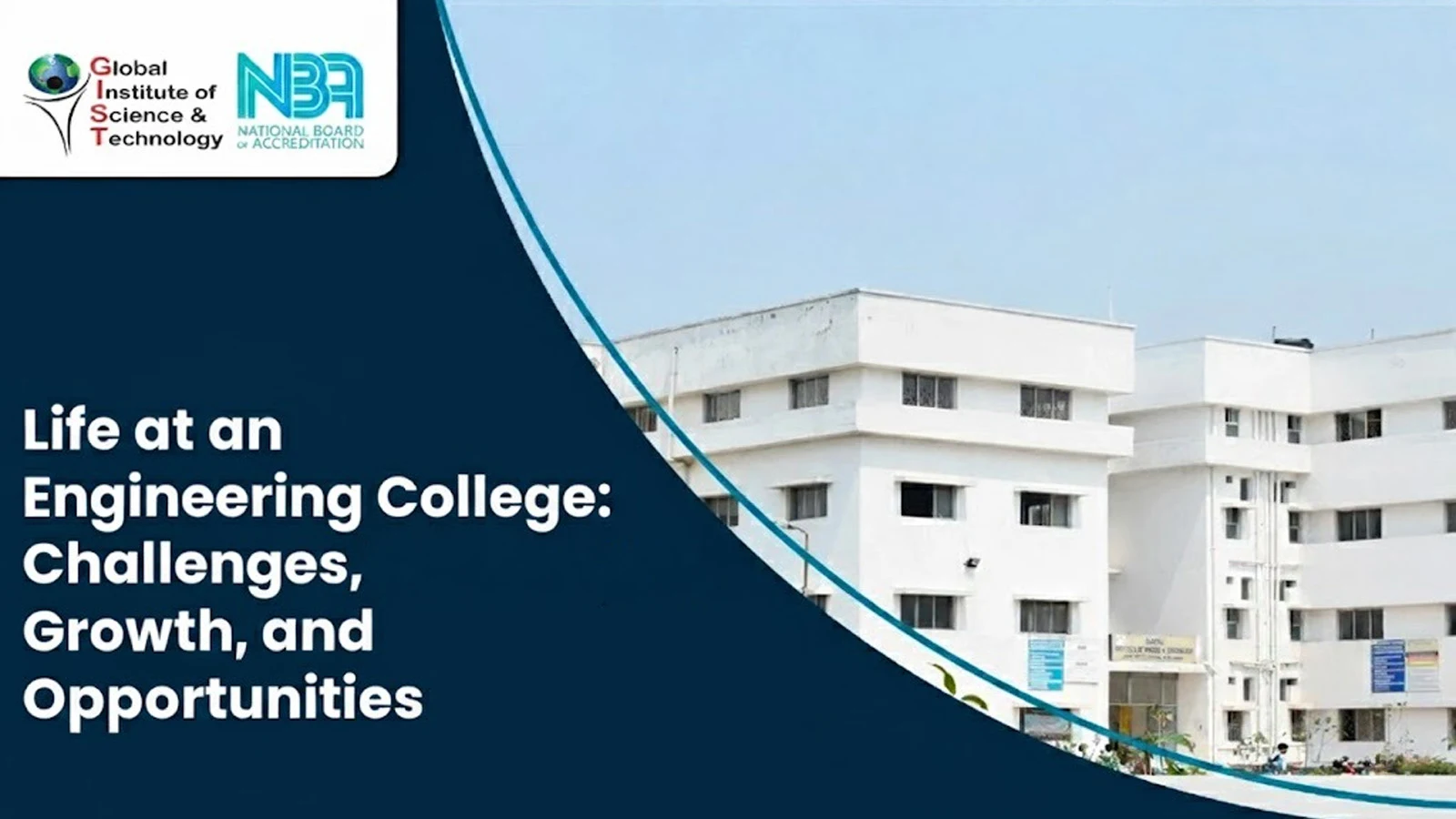
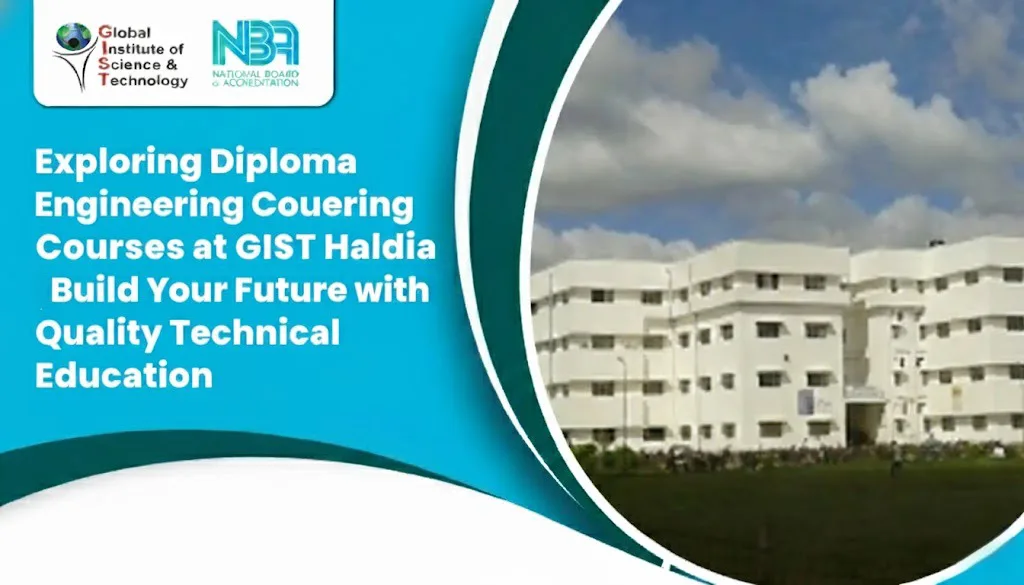
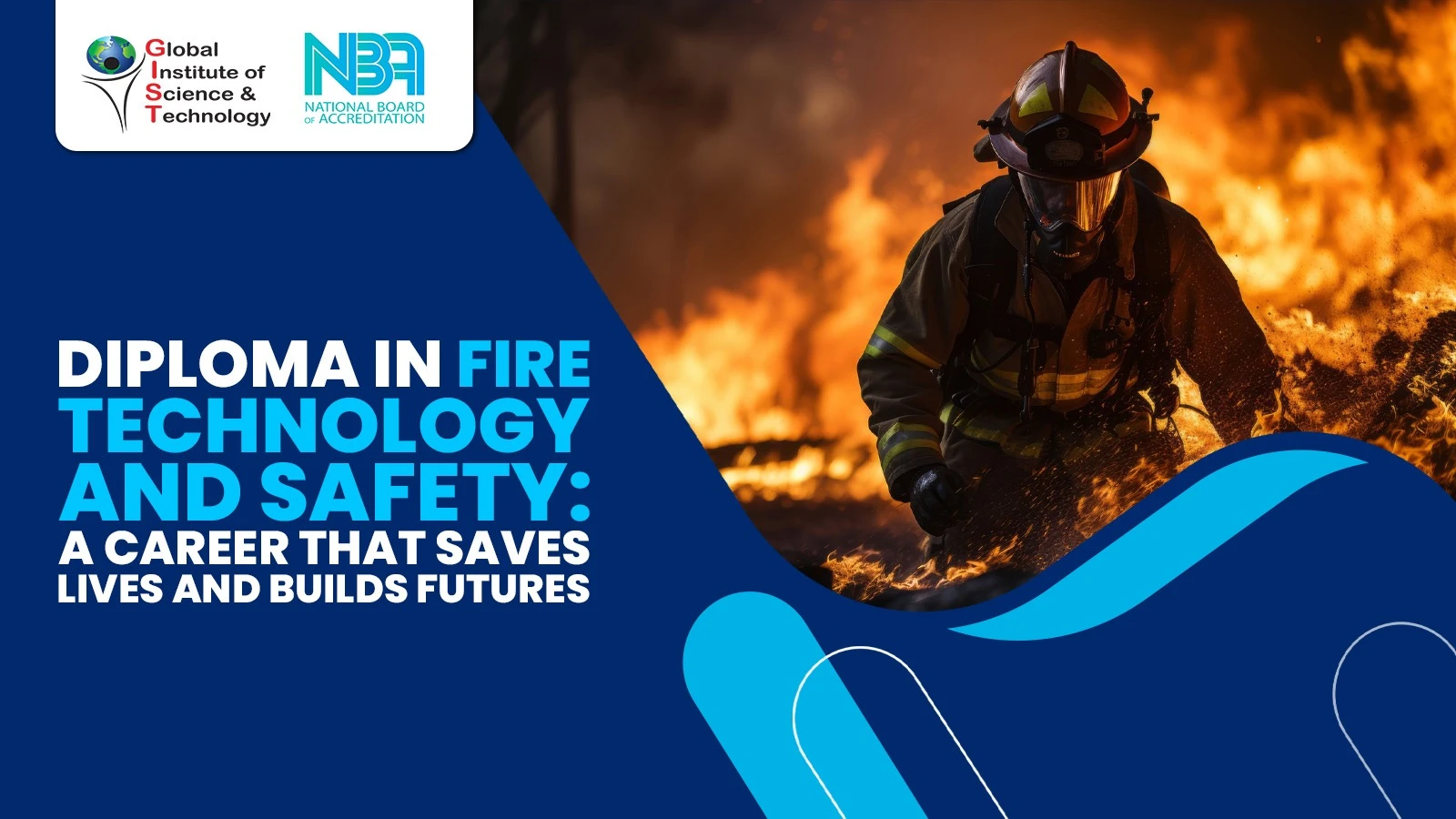
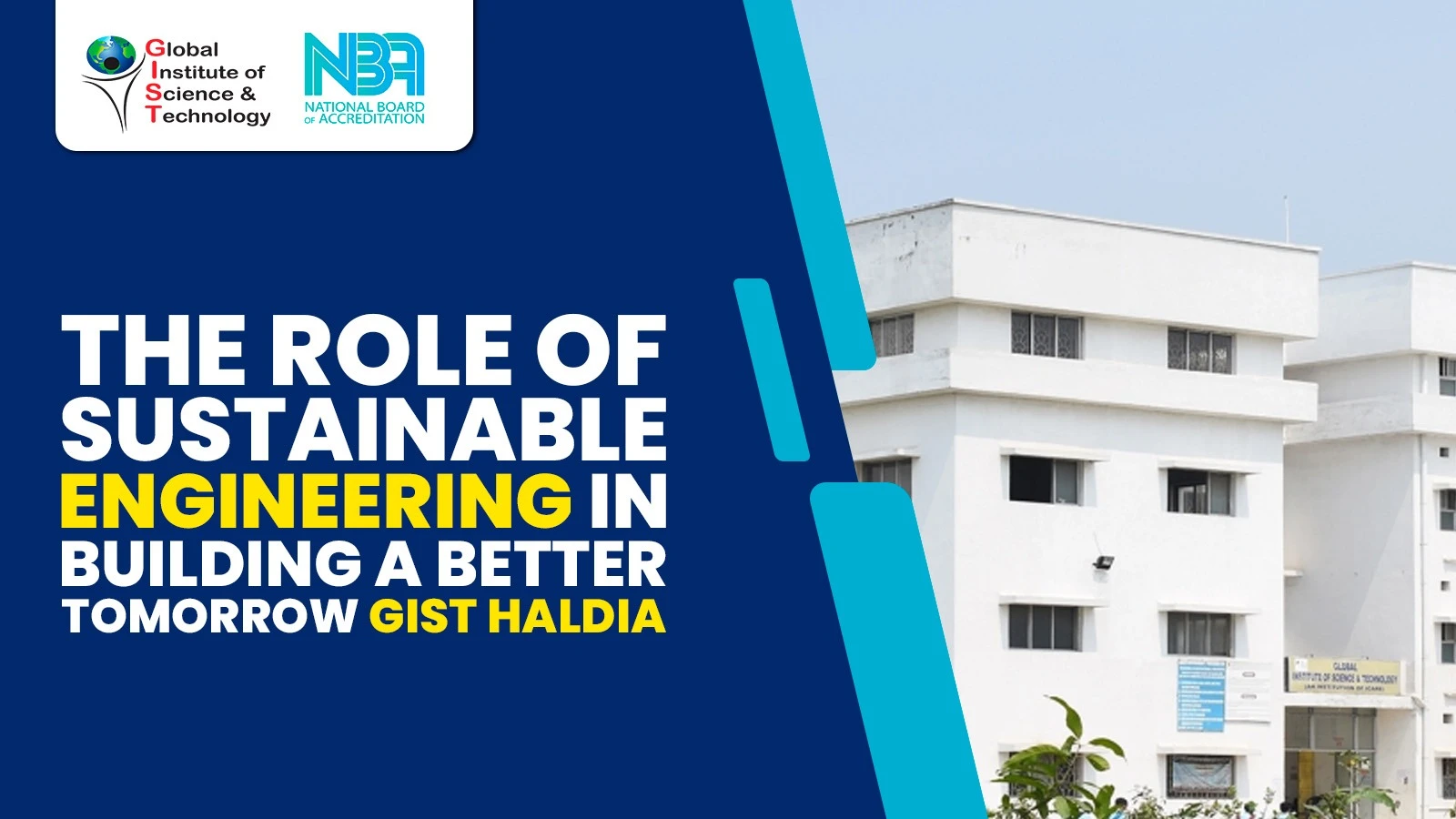
.webp)
.webp)
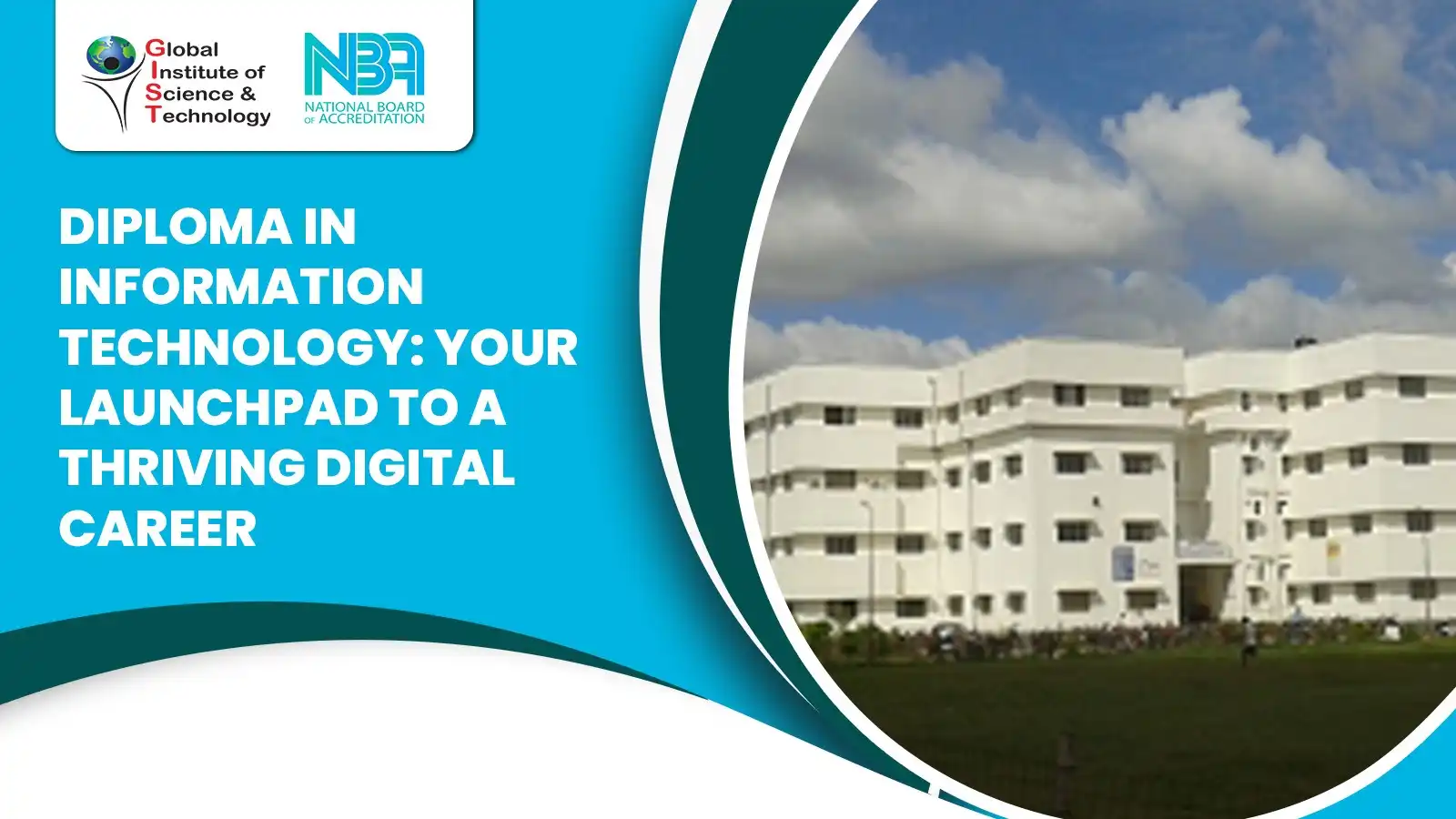


.webp)

.webp)



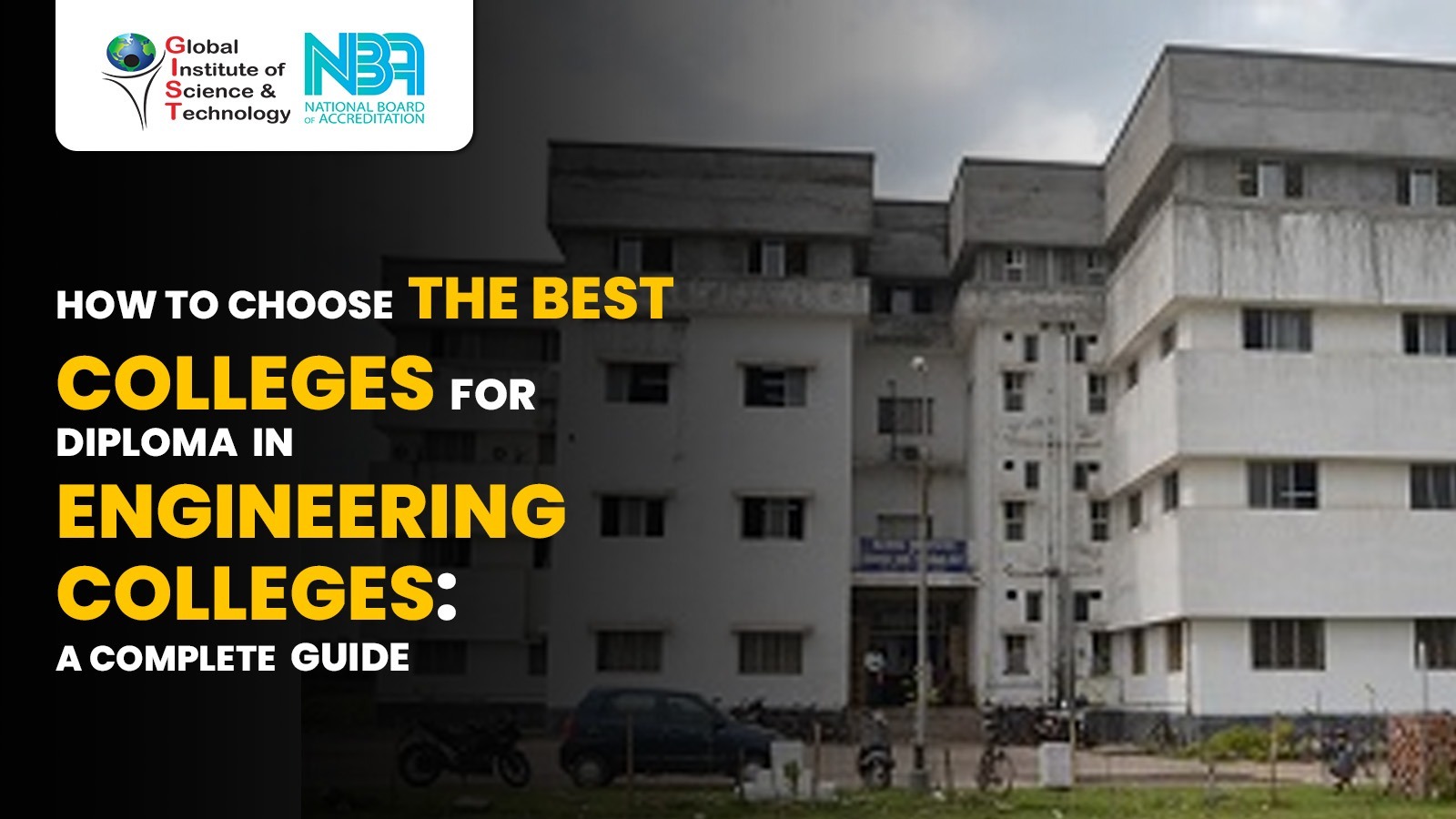
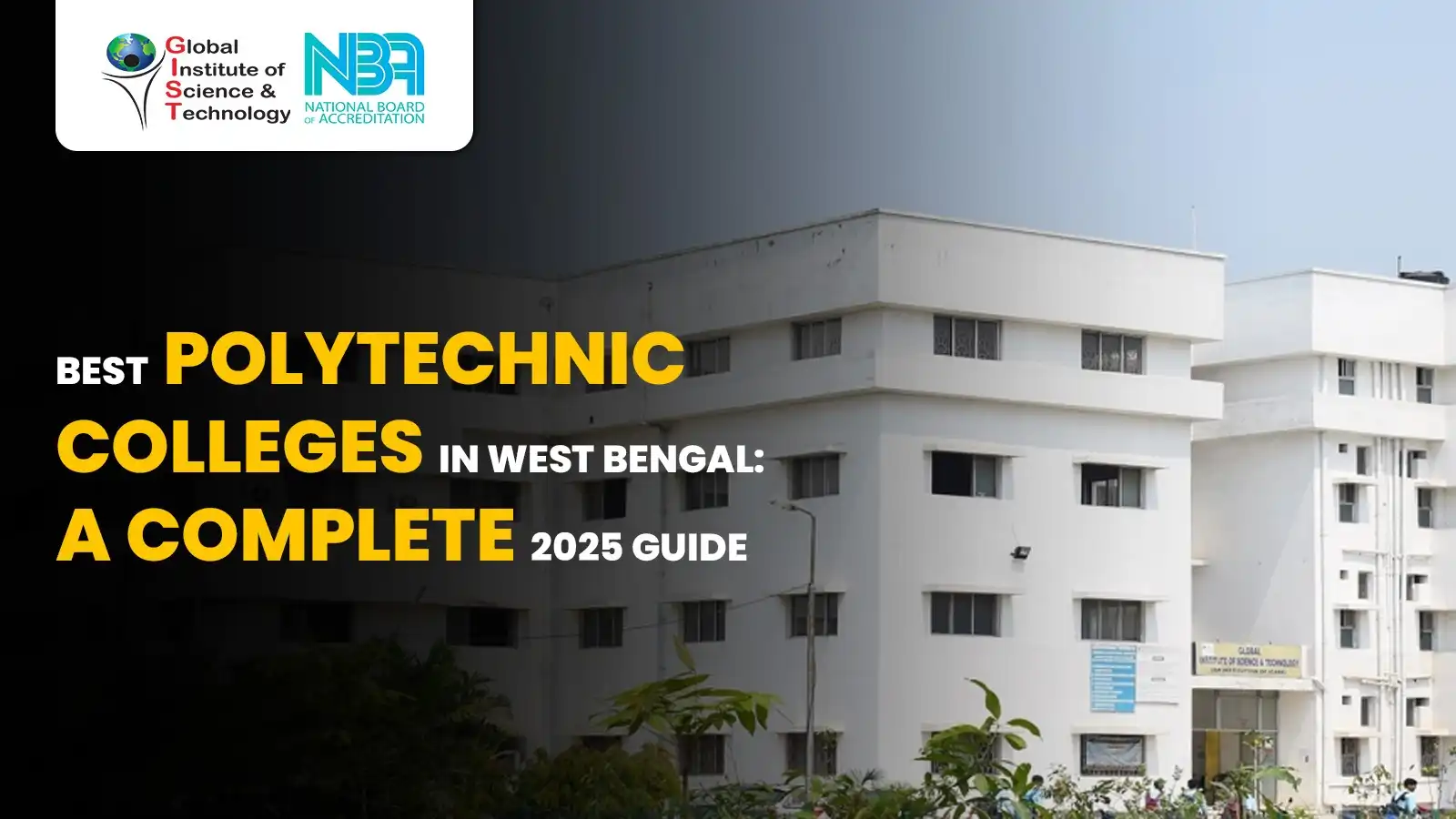


.webp)
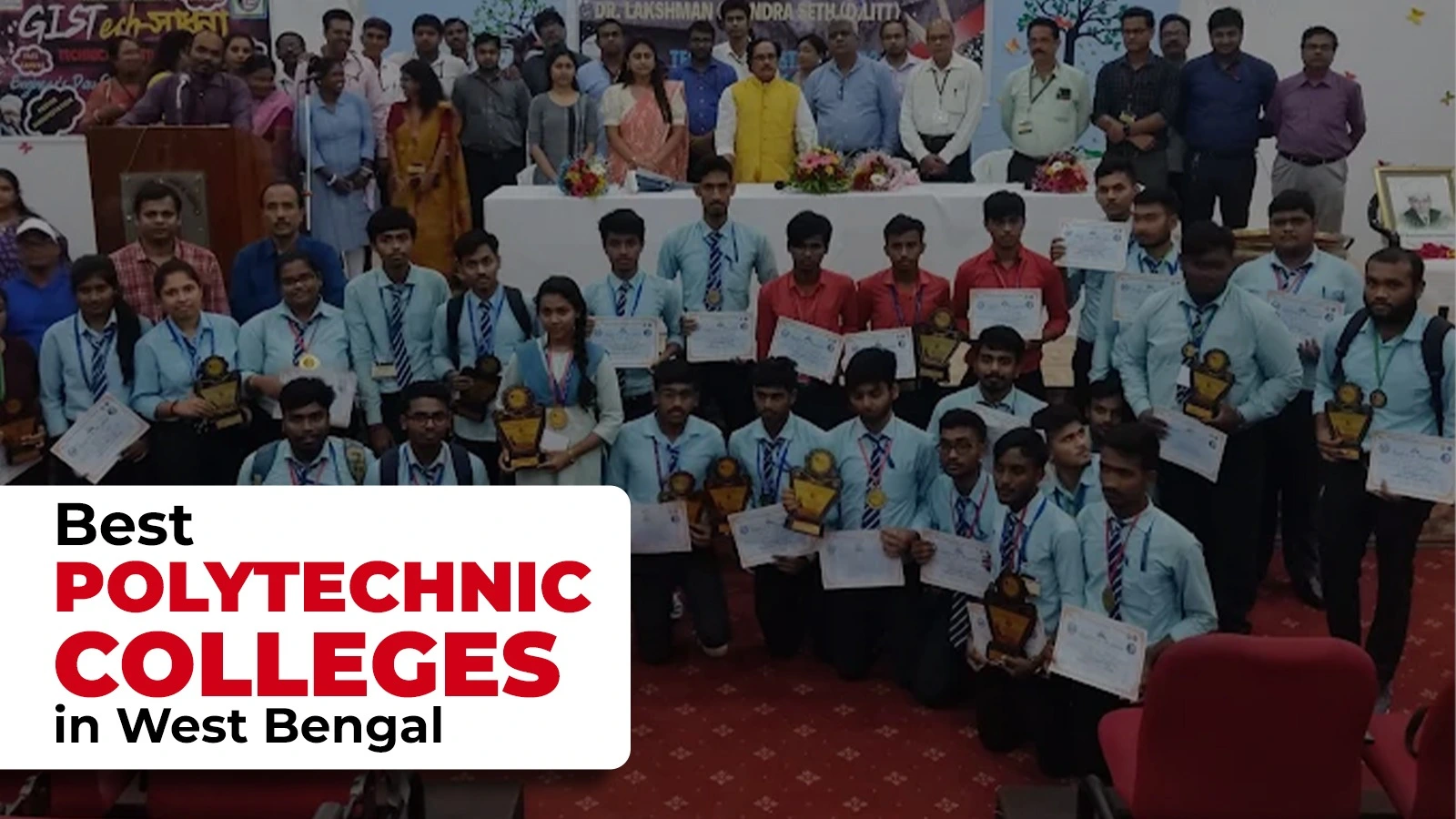























.jpg)


.jpg)
.jpg)
.jpg)



.jpg)
.jpg)
.jpg)



.jpg)



.jpg)



.jpg)
.jpg)











.png)



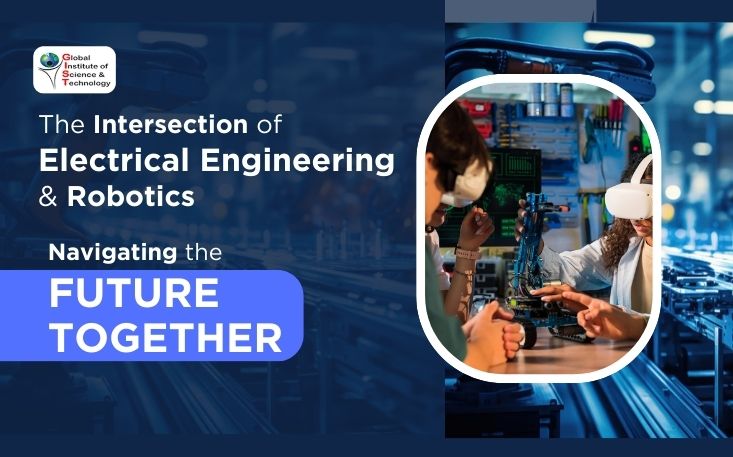


.png)








.png)

.png)



